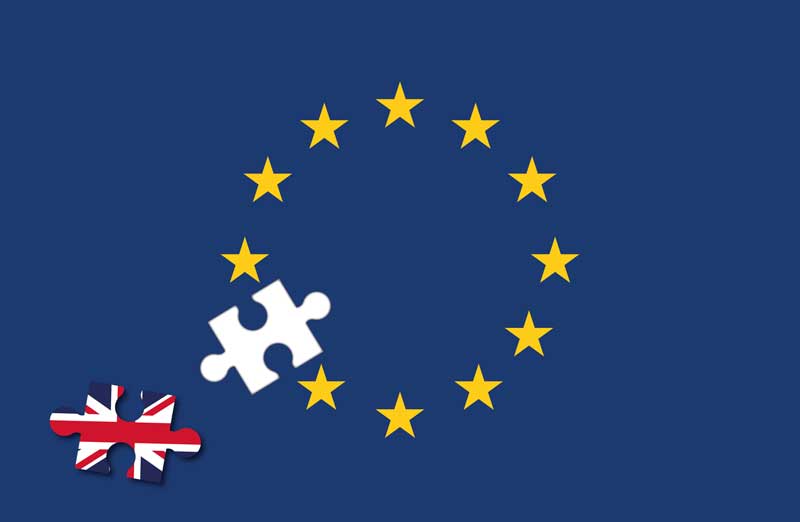10
May 2016
Osborne: Brexit Will Hit House Prices Hard
Chancellor George Osborne has issued a damning assessment of the effect of Brexit on the housing market, ahead of a treasury report sure to be published within the next few days.
On Sunday, both Osborne and prominent Brexiteer Michael Gove spoke separately about the short-term economic and social impact that would follow our exit from the European Union. The war of words between the two brought forth familiar arguments from both camps.
Gove’s comments came first, on the BBC’s Andrew Marr show, when he argued rather directly that we should leave the single market in order to retain (or perhaps regain) economic autonomy.
He said: “We should be outside the single market, we should have access to the single market but we should not be governed by the rules that the European Court of Justice imposes on us which cost business and restrict freedom.”
Osborne’s comments came later during an interview on ITV’s new talkshow Preston on Sunday. He argued that leaving the EU would drive house prices down and mortgage prices up.
He said: “You will see the analysis we will do [referring to the forthcoming treasury report], but I’m pretty clear that there will be a significant hit to the value of people’s homes and to the costs of mortgages. That is one example of the kind of impact, economic impact, that we get from leaving the EU.”
This assessment of the impact on the housing market bolsters previous Treasury reports that claim that Brexit would cost each UK household an average of £4,300 over the next 15 years.
It also reflects assessments form Credit Suisse, who said that a “fall in housing demand” would likely follow a vote to leave “due to reduced immigration and UK status as a financial hub”.
Osborne responded directly to Gove’s criticisms, saying: “We’ve just had the leave campaign admit this morning that Britain would leave the single market – that is the largest free trade area in the world. That would be catastrophic for people’s jobs and their livelihoods. Now, some people might think wrecking the economy is a price worth paying. I absolutely reject that.”
The argument that there would be, at the very least, a short term negative impact on our economy following a vote to leave the EU is one that even many in support of Brexit have agreed with; the real argument is about how long this impact would be and about whether or not we could bounce back into a better position afterwards.
Gove said of arguments like those that Osborne later made that they are merely “a reprise, a re-run, of the original case that was made about staying outside the single currency”.
Gove also spoke about the impact on national security that leaving the EU would bring. He argued that freedom from the ECJ would stand us in better stead, giving us more of an ability to deport foreign offenders than we currently have.
However, the head of the defence select committee, Conservative MP Julian Lewis, said that he had been told privately by former MI5 director Lord Evans, who in favour of remaining in the EU, that neither outcome “would make [any] difference to our security”.
This despite Lord Evans and former MI6 chief Sir John Sawers co-authoring an article for the Sunday Times in which they argued that leaving the EU would leave us more open to terror attacks.
Following the publication of the article, critics argued that Evans and Sawers had been manipulated into vocally supporting the remain campaign by David Cameron.





